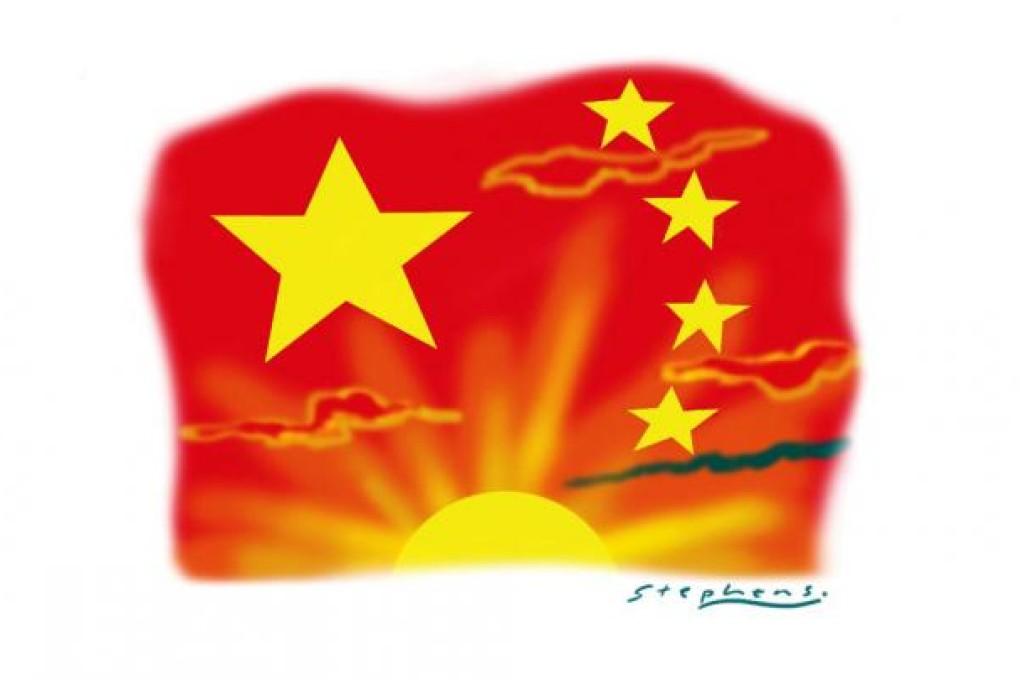China's claim to greatness must rest on its ethics
Anson Chan looks forward to the day when the nation can claim greatness not because of the size of its gross domestic product or scale of its military might, but with its ethical leadership

China continues to astonish the world by the speed and scale of its economic growth. In less than four decades, it has emerged not just as the factory of the world, but as an economic giant that the Organisation for Economic Co-operation and Development predicts will overtake the US as the world's largest economy by 2016.
One thing is clear: the world's two superpowers need each other. They can and should build on their growing inter-relationship to promote global peace and stability and improve the livelihoods, not just of their own people, but across the world.
China has the potential to be a force for tremendous good in the world. Already, it is using its considerable fiscal reserves to invest heavily in economic and transport infrastructure in Africa and Latin America, supporting the construction of roads, railways, ports and mines.
While some see this as a strategy to gain access to the many strategic commodities that China needs to feed her growing industrial and manufacturing industries, I am not so cynical. It is my hope that China will demonstrate ethical as well as economic leadership in the developing world and not turn a blind eye to governmental corruption and exploitation of the natural environment.
The ties that increasingly bind together the US and China are broad and deepening. The US is China's second-largest trading partner after the European Union; reciprocally, China is the third-largest trading partner of the US, after the EU and Canada.
In the 2011/12 academic year, around 194,000 students from China were studying in the US, more than double the level of 10 years ago. China is the leading source of foreign students studying in the US who are an important contributor to post- graduate research in many fields.